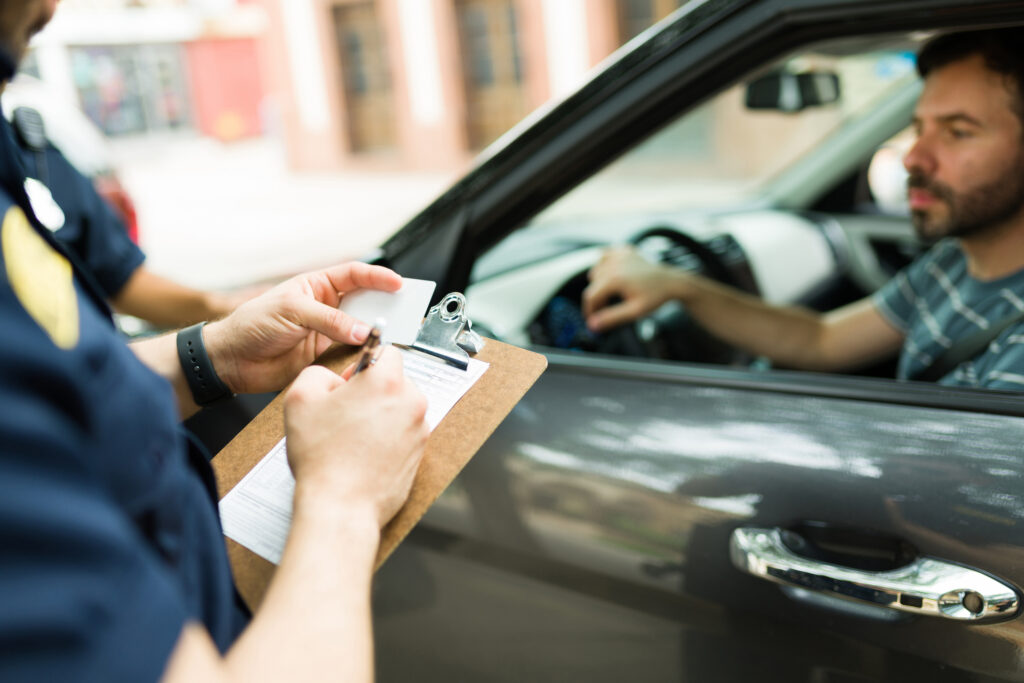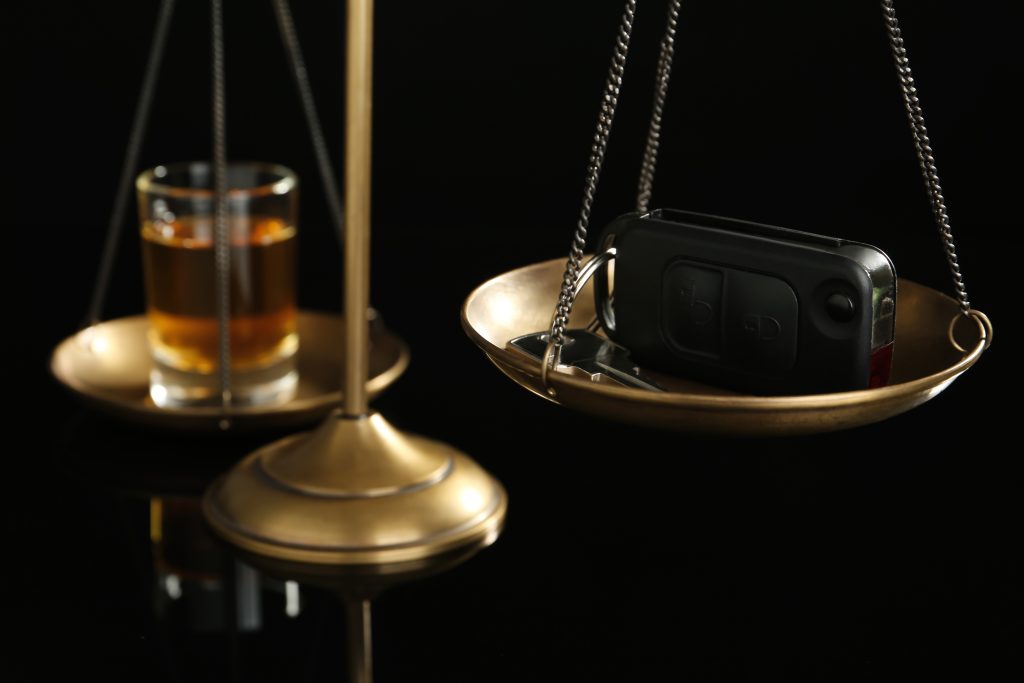If you are involved in a traffic collision in Illinois, you cannot leave the scene of the crash without taking certain steps. In situations where a person does leave the scene of an accident, that driver can risk charges for leaving the scene of an accident under Illinois law. Even if a collision only involves minor property damage, Illinois law still requires the driver to take steps, which include stopping your vehicle and exchanging information. Failure to stop can result in Class A misdemeanor charges. The offense will bring more severe felony charges if you are charged with leaving the scene of a collision in which another person sustained injuries.
When you are facing charges for leaving the scene of an accident, it is essential to have an experienced Illinois traffic ticket defense lawyer on your side to help you avoid a criminal conviction.
The following steps should be taken if you are involved in a traffic accident.
1. Stop at the Scene of the Accident
Whether you were involved in a collision with another moving vehicle, a parked car, a pedestrian or bicyclist, you are required to stop at the scene of the accident. To be clear, being involved in an accident – even if you caused it – is typically not a criminal offense. However, leaving the scene of an accident is a criminal offense. The severity of charges will depend upon whether property damage occurred and whether anyone was injured.
If you leave the scene of an accident where property damage occurred but nobody got hurt, you may be charged with a Class A misdemeanor.The punishment for this can result in a jail term of up to 364 days and a fine of up to $2,500. A Class A misdemeanor is the most serious misdemeanor offense in Illinois. If you leave the scene of an accident where anyone was injured or killed, you will face penalties for a felony offense. The severity of the felony offense depends on the exact charges. There are different felony charges for whether you initially stopped and helped, and whether or not you later reported the crash.
2. Call 911 for Help if Anyone Was Injured
If anyone was injured in the collision, not only are you required by law to stop, but you also must call 911. Failing to render aid in this manner can be a criminal offense.
3. Give Immediate Notice of the Accident
If there is no police officer present at the scene, Illinois law requires the driver of a vehicle who is involved in a crash to give immediate notice of the accident to the local police department or to the Illinois State Police. If a driver is rendered incapacitated by a collision and cannot give immediate notice, this legal duty falls to an occupant of the vehicle who is able to give immediate notice.
4. Exchange Contact Information with Other Driver(s)
Drivers involved in collisions with property damage and/or bodily injuries must provide contact information to any other drivers involved in the accident. It is suggested that you exchange driver’s license and insurance information. Failing to provide contact information can be charged as a Class A misdemeanor offense. Further, if you give false information, you can also be charged with a criminal offense and can face a penalty of up to one (1) year in jail and a fine of up to $2,500.
5. Report the Accident in Cases of Significant Property Damage or Injury
If an accident involves property damage of more than $1,500, or if anyone is injured in the crash, a driver has a duty to report the accident to the Illinois Secretary of State. This is typically done with a report that the officer provides you at the scene. You’ll want to fully complete that form and mail it in. Failure to report an accident can result in the loss of driving privileges.
Contact an Illinois Traffic Defense Lawyer
If you have been charged with leaving the scene of an accident, it is important to seek representation from an Illinois traffic defense lawyer as soon as possible to fight these criminal charges. Contact the Driver Defense Team for more information about how we can assist with your defense.



